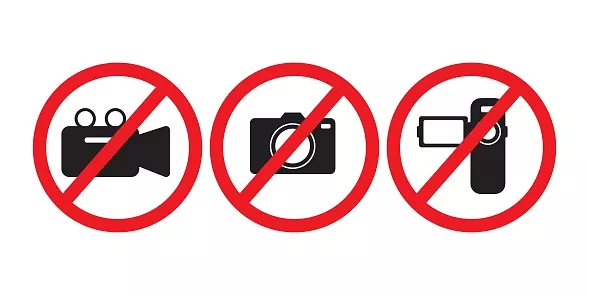An academic misconduct allegation is filed when a student has reportedly violated one or more areas of academic integrity, which including but not limited to: assisting, cheating, falsification, tampering, plagiarism, multiple submissions of work, and unauthorized recording and use.
These terms can be confusing, so we have prepared a visual guide to help you understand what these words mean in the context of academic integrity.
Code of Student Conduct; Section 4.2 Academic Misconduct
Library Academic Misconduct Tutorial
Assisting
“Any action that helps another engage in academic misconduct."
Examples from past incidents:
- Two students "collaborated" on an assignment, resulting in nearly identical submissions.
- A student posted their code on a public GitHub repository.
Prevention Tips:
- Do not share your code without instructor approval.
- Discuss any collaboration with your instructor to understand what is permissible.
- Keep your work secure and private to avoid unauthorized sharing.
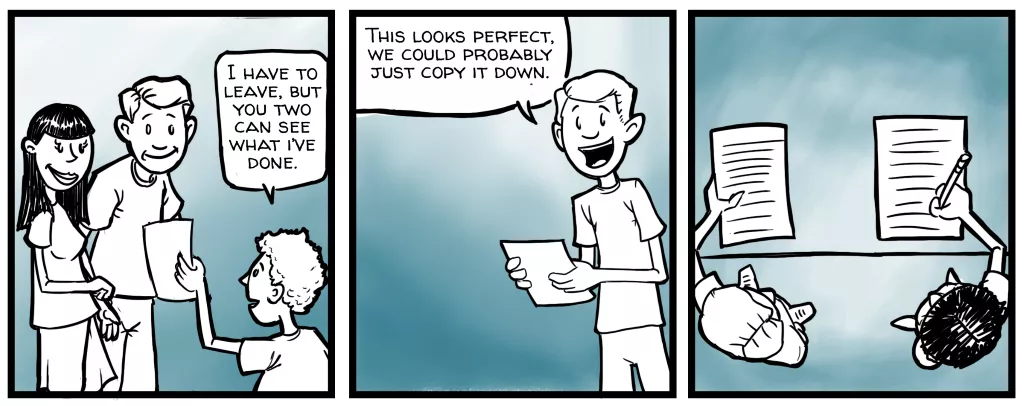
Cheating
“Unauthorized assistance, or access to or use of unauthorized materials, information, tools, or study aids."
Examples from past incidents:
- A student accessed online "tutoring" websites, such as Chegg and StackOverflow, which provided answers to a specific problem from a course assignment.
- A student accessed online resources while prohibited during a take-home exam.
Prevention Tips:
- Check the course syllabus to understand authorized and unauthorized resources.
- Do not use code or answers found online. Modifying or rephrasing is also considered cheating.
- Do not access resources directly related to a specific assignment, including solutions manuals.
- Always follow the instructions provided for exams and assignments regarding permitted resources.
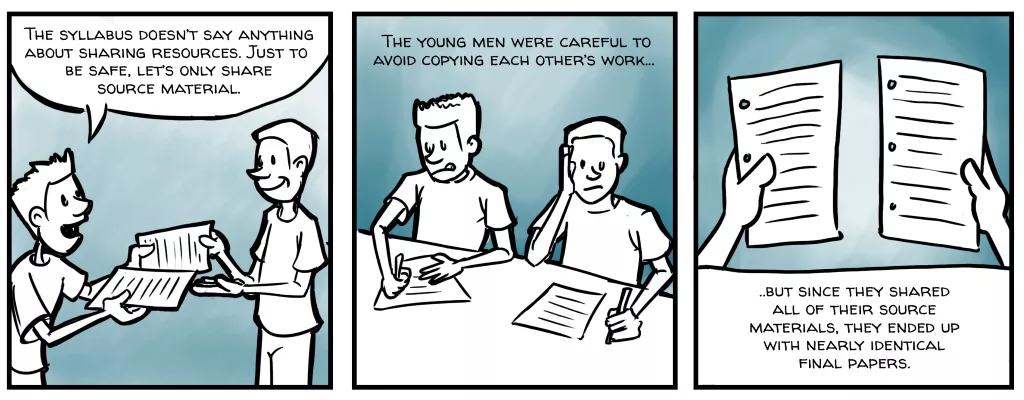
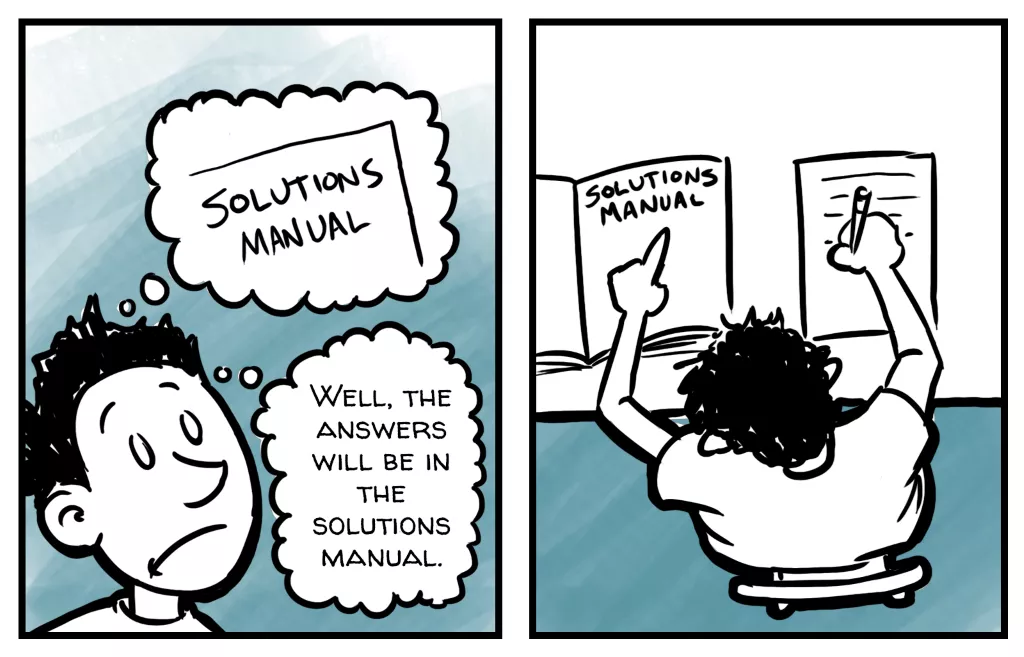
Falsification
“Fabrication or invention of any information."
Example from past incident:
- A student submitted lab reports without participating in lab sessions.
Prevention Tips:
- Always participate in required sessions and activities.
- Never assume that you can bypass participation requirements.
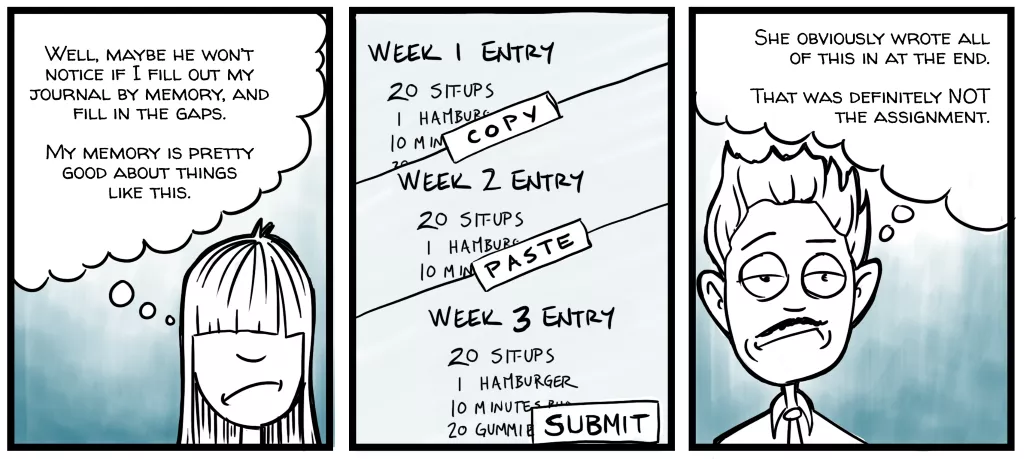
Plagiarism
“Representing the words or ideas of another person or presenting someone else's words, data, expressed ideas, or artistry as one's own."
Examples from past incidents:
- A student copied someone else's work from online and modified it to appear as their original work.
- A student copied answers from a past assignment.
- A student copied answers from a solutions manual.
Prevention Tips:
- Do not access or use any resources that provide answers to a specific problem. Modifying someone else's work is not considered your original work.
- Do not search for past assignments online. Once you look at others' code or work, it becomes harder to avoid unintentional copying.
- Always cite sources properly if you refer to external materials.
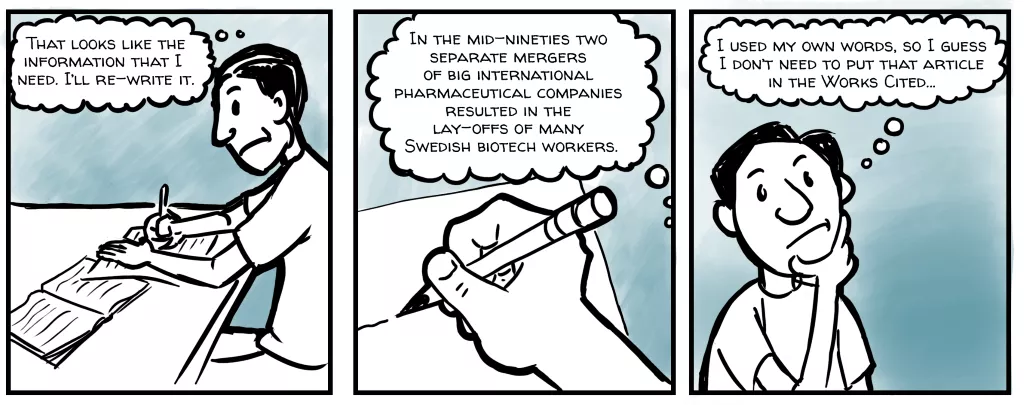
Multiple submissions of work
“Using or submitting work completed for another or previous class or requirement, without appropriate disclosure, citation, and instructor approval.”
Example from past incidents:
- A student submitted a past assignment without instructor approval.
Prevention Tip:
- Consult with your instructor if you are retaking a class and want to reuse previous work. Always seek approval first.
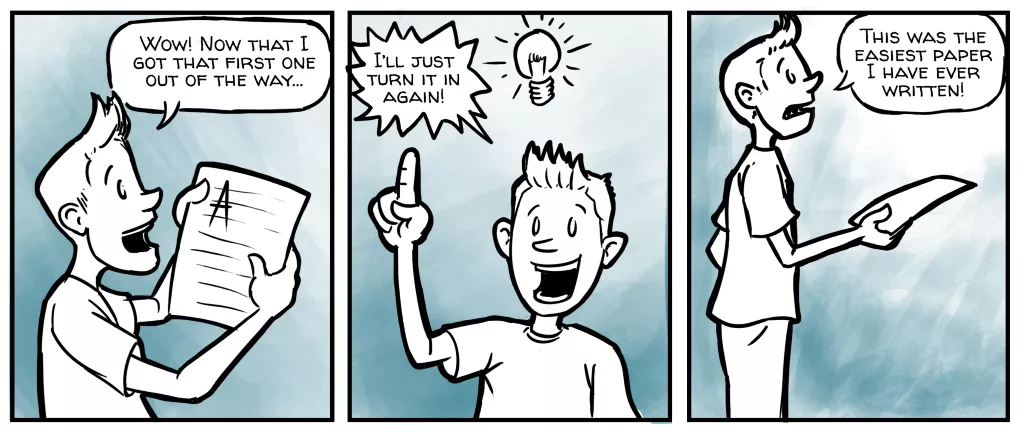
Unauthorized recording and use
“Recording and/or dissemination of instructional content without the express permission of the instructor(s), or an approved accommodation coordinated via Disability Access Services.”
Example from past incidents:
- A student posted assignment instructions on StackOverflow to seek answers.
Prevention Tips:
- Clarify with your instructor if you are unsure about what constitutes unauthorized use of course content.
- Avoid seeking answers from strangers online. Instead, use university resources like tutoring centers or office hours for help.
